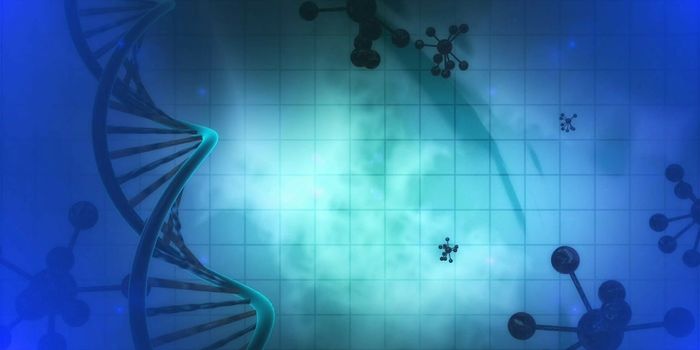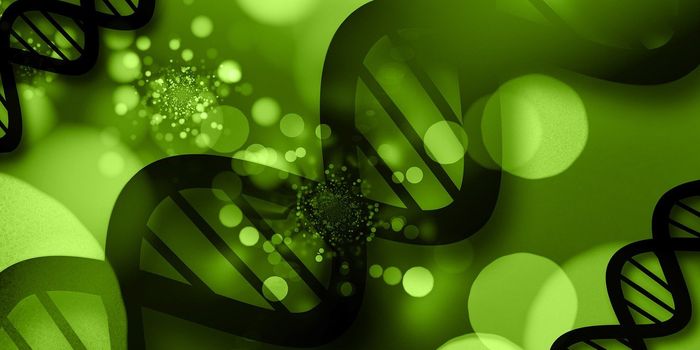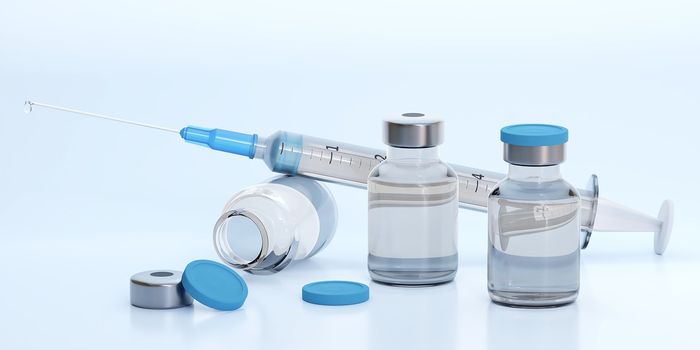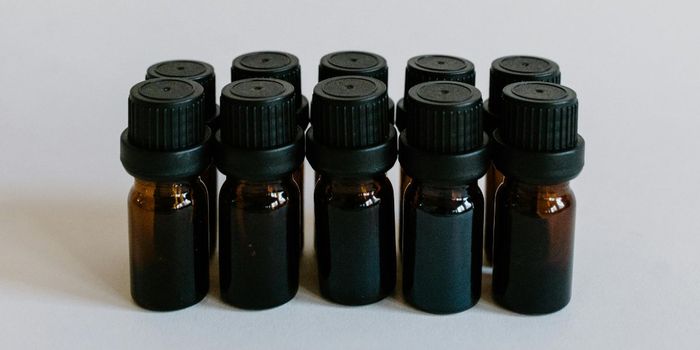The story of a very scary protein
New research from biochemists at the University of Alberta has identified a protein that triggers the growth of aggressive breast cancer cells. The discovery provides insight on how breast cancers develop, information which is crucial in advancing anticancer treatments. The findings from the study are published in the journal Cell Death and Disease.
Conducted by lead researcher Ing Swie Goping, the research pinpoints the internal mechanism of a protein called BCL-2 interacting killer (BIK), which, true to its name, can have deadly consequences. Goping had previously studied this protein in past investigations, concluding that BIK is associated with relapses in breast cancer patients.
In the most recent study, Goping continued her research in order to investigate just how BIK works its deadliness. She and her team determined that BIK triggers a failure of apoptosis – or cell death. Watch the video below to learn more about how apoptosis works in the human body.
As you can see in the video above, while normal cells (without BIK) that undergo apoptosis end up with DNA damage grave enough to kill the cell, the presence of BCL-2 interacting killer changes the conditions. With BIK present in ER-positive breast cancer cells, a cell will experience DNA damage severe enough to cause mutations but not die. This process, in turn, makes cancer cells significantly more aggressive.
"The cell that has DNA damage then manages to repair itself, and becomes a worse adversary because it has mutations," said Goping, who is a professor and a member of the Cancer Research Institute of Northern Alberta. "Those mutations give it the repertoire to do whatever it can to evade therapy or to metastasize--whatever it needs to do to survive."
The research team was able to demonstrate that BIK acts as a biomarker for ER-positive patients. They write: “by examining six independent cohorts of patients (total n = 969), we discovered that high BIK mRNA and protein levels predicted clinical relapse of Estrogen receptor (ER)-positive cancers, which account for almost 70% of all breast cancers diagnosed but had no predictive value for hormone receptor-negative (triple-negative) patients.”
While this news may sound glum, understanding the mechanism behind this disease actually provides new pathways for future developments in breast cancer treatments. Goping intends to further her investigations in order to continue learning about BIK’s role in patients with ER-positive breast cancer.
Sources: Cell Death and Disease, Eureka Alert









